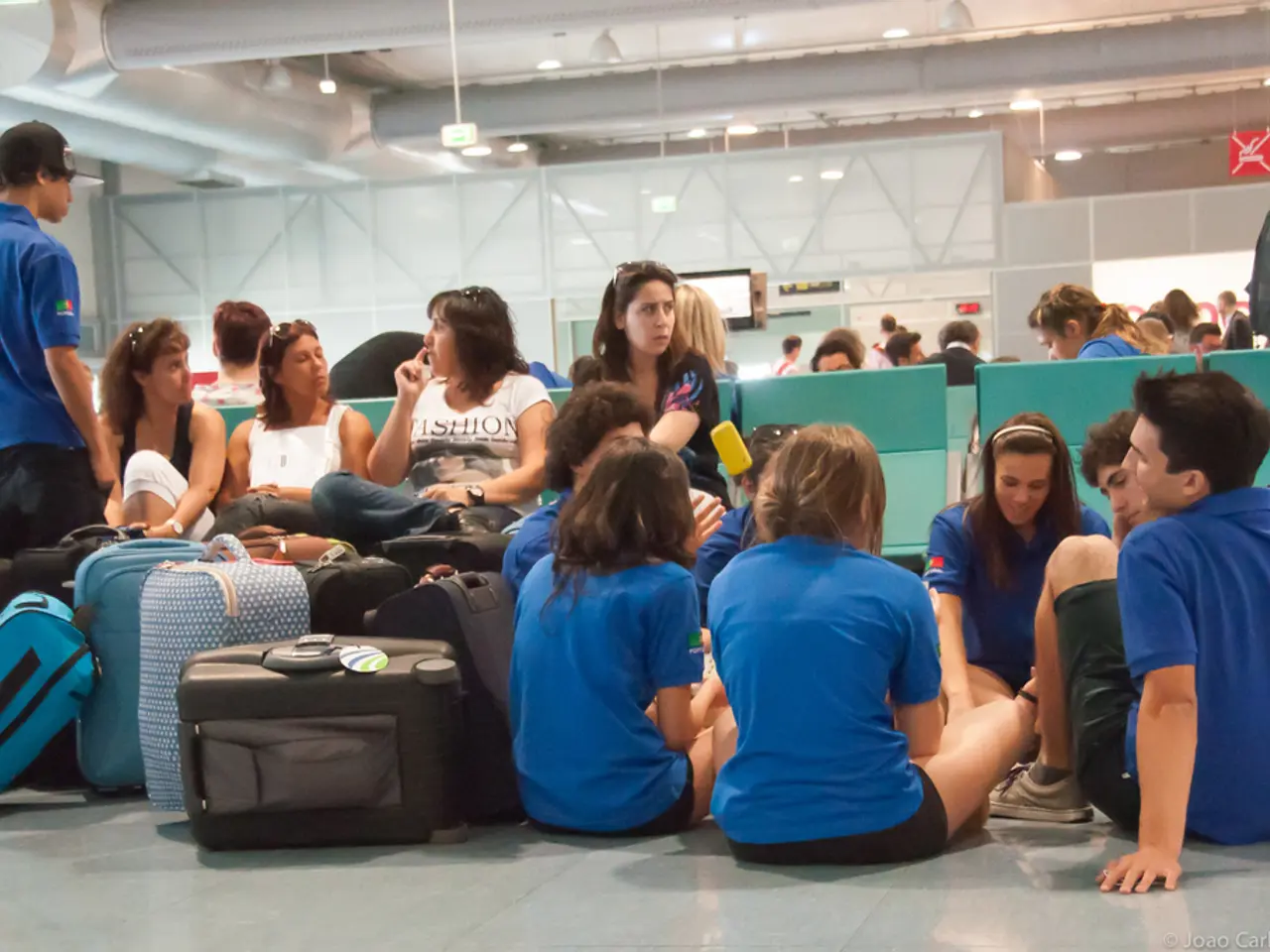Unveiling the Secret: The French Manager Exposes How a Japanese Airport Manages to Never Misplace Baggage in Three Decades
In the heart of Osaka, Japan, Osaka's Kansai Airport has achieved an extraordinary feat - a 30-year record of zero lost luggage. This exceptional accomplishment is primarily due to the dedication and precision of its staff, combined with operational practices that minimise complexity.
The staff’s commitment to meticulous handling of baggage is rooted in a broader cultural reverence for doing things properly, emphasising care, attention to detail, and precision in every step of baggage management. Benoît Rulleau, Kansai’s co-director, highlights that no employee throws bags carelessly and that this ethos underpins the airport’s flawless performance over decades. This dedication spans all levels—from ground handlers to management.
Operationally, Kansai Airport significantly reduces the risk of lost luggage by limiting the number of connecting flights. Passengers are generally required to collect and re-check their own bags when transferring between flights, simplifying logistics and reducing handoffs that often cause luggage to be misplaced in other airports. This streamlined approach means fewer opportunities for errors or mix-ups.
Benoît Rulleau, born in Mulhouse, France, finds his Alsatian roots, known for precision and respect for tradition, helpful in managing Kansai Airport in Japan. Rulleau aims to create a unique, engaging airport environment, not just for its efficiency but for its ability to provide an enjoyable, immersive experience for travelers. He introduces live music into the terminals as a way to calm nerves and offer a taste of local culture.
Most passengers at Kansai Airport collect their bags at their arrival gate and re-check them for their next flight. You will never see an employee at Kansai Airport throw a bag, unlike in some other airports. This simple but effective system significantly reduces the chances of mishaps during baggage transfers.
Kansai Airport keeps things simple by minimising connection flights. With fewer connecting flights organised by airlines, the airport maintains a focused and efficient operation, contributing to its remarkable record of zero lost luggage. Rulleau's leadership style is effective due to his ability to integrate into the Japanese way of working and understanding the cultural nuances.
In Japan, there is a cultural reverence for doing things properly, which is deeply ingrained in Japanese society. Both Alsatian and Japanese cultures share a deep appreciation for reliability and respect. This shared ethos, combined with operational practices that minimise complexity, has enabled Kansai Airport to achieve its remarkable 30-year streak with no lost bags.
The leadership style of Benoît Rulleau, rooted in his Alsatian roots and understanding of Japanese cultural nuances, emphasizes a lifestyle that values precision, tradition, and respect. This lifestyle is reflected in Kansai Airport's travel experience, where the simple yet effective system of minimizing connections contributes to the remarkable zero lost luggage record.




